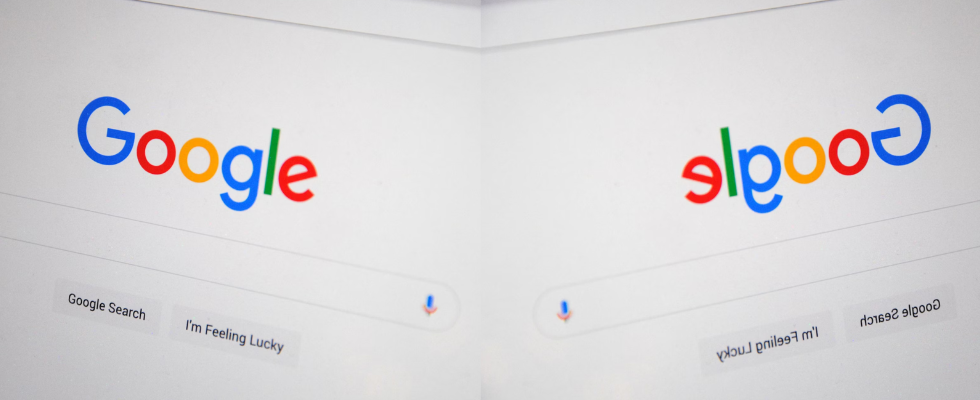March Core Update, Spam Update and new spam policies:
Google is taking action against clickbait
Change in wording: This is what SEOs on Google need to consider regarding reputation site abuse
The latest Google update is simply about one thing Change in wording. That’s what it says now in the relevant directive:
Site reputation abuse is the practice of publishing third-party pages on a site in an attempt to abuse search rankings by taking advantage of the host site’s ranking signals.
When site reputation is exploited, third party pages are set up that benefit from the reputation of a first party page, but are not or hardly under the control of the first party page. Often the content and goals of these third party pages are not compatible with those of the first party page and are therefore not relevant for searchers in their respective search context. Not all such third party pages are classified by Google as Site Reputation Abuse, it is only those that are intended to manipulate the rankings and are not checked by the first party. Site Reputation Abuse must then be blocked in the search. The directive has been in effect since May 5, 2024.
Google’s spam guidelines: new spam update coming soon?
With the Spam guidelines (this includes aspects such as misleading redirects or link spam) Google wants to ensure that content in search is not compromised through manipulation practices and thus becomes less relevant for users. That’s why there are two more new guidelines: Expired Domain Abuse and Scaled Content Abuse.
The former directive states that expired domain names should no longer be used to display misleading or low-quality content under their guise, which could be displayed due to the domain name’s possible prominence or relevance to some search queries. Google provides an example:
For example, someone might purchase a domain previously used by a medical site and repurpose that to host low quality casino-related content, hoping to be successful in Search based on the domain’s reputation from a previous ownership.
With scaled content abuse, numerous pages are generated with often inferior content, simply to increase the chance of appearing prominently in searches. In addition, these sites could even Benefit from programmatic ads. Thanks to new Gen AI tools, website and content creation is easier than ever, and more and more content is being created automatically. Google is taking action against this. And although the search engine tolerates AI-generated content, it is problematic in terms of search manipulation.
Our long-standing spam policy has been that use of automation, including generative AI, is spam if the primary purpose is manipulating ranking in Search results. The updated policy is in the same spirit of our previous policy and based on the same principle. It’s been expanded to account for more sophisticated scaled content creation methods where it isn’t always clear whether low quality content was created purely through automation.
You can find details and examples – dos and don’ts – on the subject of site reputation abuse on Google’s Search Central help page find.
The search engine company may provide the Site Reputation Abuse Policy adjustment in advance of an upcoming spam update. Because after the March 2024 spam update, one followed in June – and there hasn’t been one since. But the big November 2024 core update is still running and is keeping the SEOs and site operators on their toes. However, for any updates and content optimizations, they should remember not to produce content or engage in practices that Google could classify as spam.
Google is rolling out the November 2024 core update

Source: onlinemarketing.de


